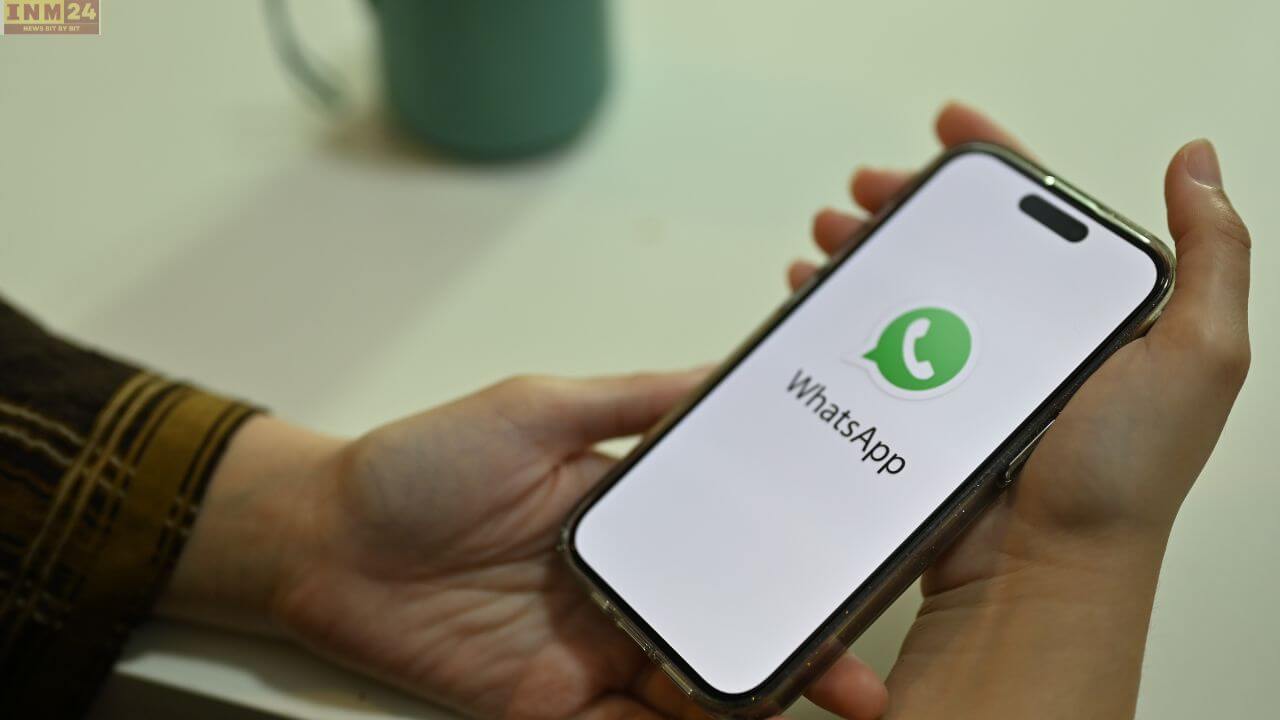WhatsApp has announced a new feature aimed at curbing misuse and unauthorized sharing of profile pictures. With this new update, taking a screenshot of someone’s profile picture without their permission will become much more difficult, potentially sparing many users from embarrassment or privacy concerns.
For quite some time, there have been complaints about certain WhatsApp users taking screenshots of others’ profile pictures and then using them without consent. To address this issue, WhatsApp has introduced a special feature that will make it challenging to capture someone’s profile picture without their permission.
Notification for Profile Picture Screenshots
As per reports from WABetaInfo, a website that tracks WhatsApp updates, this new feature is currently being rolled out for iOS users. When someone attempts to take a screenshot of your profile picture, you will receive a notification alerting you to the attempt. This notification will inform you of the person who attempted to take the screenshot, allowing you to take appropriate action, such as blocking them if necessary. Additionally, users will have the option to adjust their settings to prevent their profile pictures from being visible to everyone.
Security and Privacy Measures
WhatsApp assures users that this new feature will enhance security and prevent the misuse of profile pictures. However, it’s important to note that this feature is still in the development phase. Despite the added security measure, there remains a concern that individuals could still take photos of profile pictures using another device, potentially leading to misuse. WhatsApp may need to address this issue further to ensure comprehensive protection of users’ privacy and security.
With the introduction of this new feature, WhatsApp aims to empower users with greater control over their profile pictures and enhance privacy on the platform. While the feature is a step in the right direction, ongoing development and refinement may be necessary to address potential loopholes and ensure its effectiveness in safeguarding users’ privacy.
